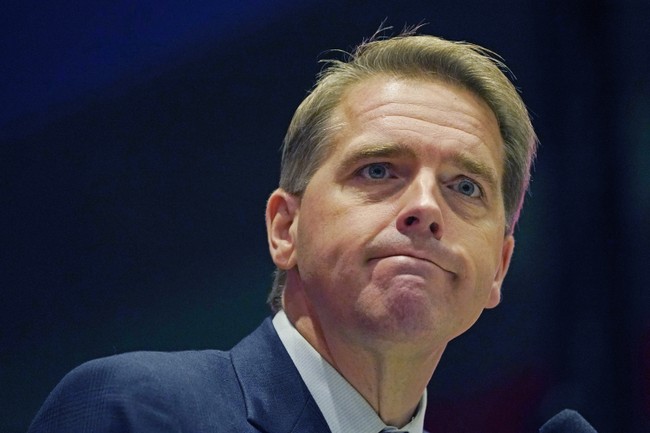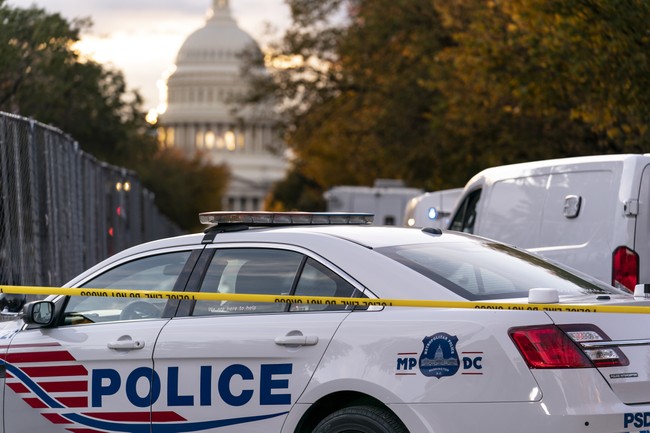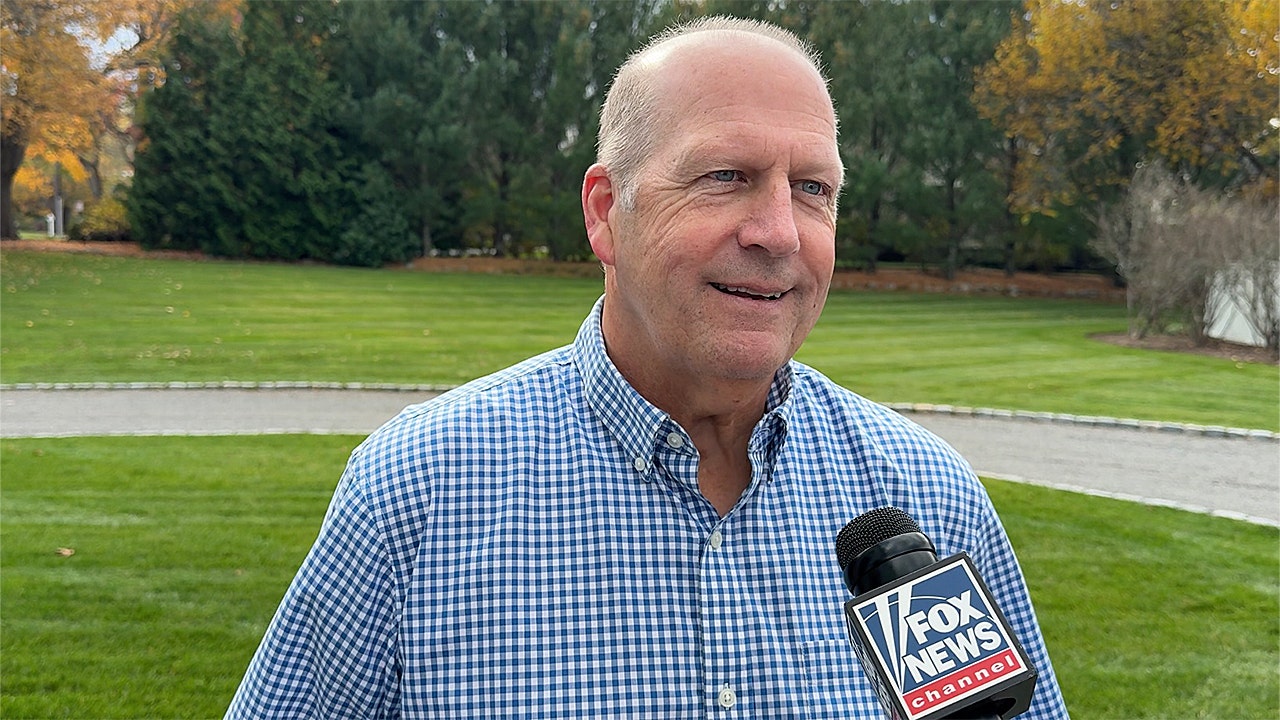The Supreme Court on Thursday allowed Mississippi to enforce its law requiring social media platforms to verify the age of users.
In a brief order with no noted dissents, the justices declined a request from NetChoice, a tech industry group representing companies like Google and Meta, to block enforcement of the law while litigation continues.
Justice Brett Kavanaugh noted Mississippi’s law “is likely unconstitutional” but explained NetChoice had “not sufficiently demonstrated that the balance of harms and equities favors it at this time.” (RELATED: Supreme Court Upholds Texas Porn Age Verification Law)
“To be clear, NetChoice has, in my view, demonstrated that it is likely to succeed on the merits—namely, that enforcement of the Mississippi law would likely violate its members’ First Amendment rights under this Court’s precedents,” he wrote in a short concurring opinion.
NetChoice Confident the First Amendment Will Prevail Against Mississippi’s I.D.-For-Speech Law
WASHINGTON—Today, the U.S. Supreme Court unfortunately denied NetChoice’s emergency application to temporarily halt Mississippi’s I.D.-for-Speech law, HB 1126, while our case moves… pic.twitter.com/iBU4Hi5dli
— NetChoice (@NetChoice) August 14, 2025
A district court judge blocked Mississippi’s law, which the governor signed in April 2024, from taking effect in July 2024. The Fifth Circuit Court of Appeals reversed the decision.
“The Act requires covered platforms to take ‘commercially reasonable’ actions to verify a user’s age, obtain parental consent for child users, and adopt a strategy to mitigate the harms to children inflicted on those platforms—sex trafficking, physical violence, incitement to suicide, and more,” Missipi Attorney General Lynn Fitch wrote in a court filing.
Co-Director of the NetChoice Litigation Center Paul Taske said this is “merely an unfortunate procedural delay” in a statement.
“Although we’re disappointed with the Court’s decision, Justice Kavanaugh’s concurrence makes clear that NetChoice will ultimately succeed in defending the First Amendment—not just in this case but across all NetChoice’s ID-for-Speech lawsuits,” he said.
All content created by the Daily Caller News Foundation, an independent and nonpartisan newswire service, is available without charge to any legitimate news publisher that can provide a large audience. All republished articles must include our logo, our reporter’s byline and their DCNF affiliation. For any questions about our guidelines or partnering with us, please contact [email protected].
Read the full article here







![NBC’s Welker Spirals Out of Control While Pressing Speaker Johnson on Georgia Election Probe [WATCH] NBC’s Welker Spirals Out of Control While Pressing Speaker Johnson on Georgia Election Probe [WATCH]](https://www.lifezette.com/wp-content/uploads/2025/10/2025.10.16-08.15-lifezette-68f0a9abcc391.jpg)


![CNN’s Dana Bash Seems Really Worried About Tulsi Gabbard Looking Into Fulton County Voter Fraud [WATCH] CNN’s Dana Bash Seems Really Worried About Tulsi Gabbard Looking Into Fulton County Voter Fraud [WATCH]](https://www.lifezette.com/wp-content/uploads/2025/05/2025.05.16-09.36-lifezette-6827070eae555.jpg)

![Trump ‘Is Never Going to Waiver’ [WATCH] Trump ‘Is Never Going to Waiver’ [WATCH]](https://www.lifezette.com/wp-content/uploads/2025/08/2025.08.29-11.38-lifezette-68b19149e52bc.jpg)